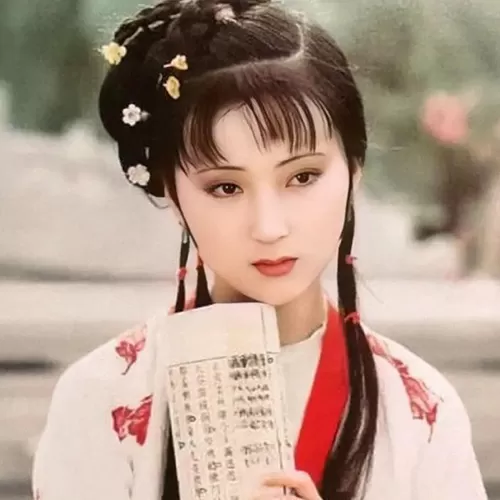
| Chinese name | Lin Daiyu |
| Foreign Name | LinDaiyu |
| alias | Yan Yan, Yan Er, Xiaoxiang Concubine, Miss Lin, Sister Lin |
| play | Chen Xiaoxu (1987 version of Dream of the Red Chamber), Wang Wenjuan (1962 Yue Opera film Dream of the Red Chamber), Jiang Mengjie (2010 New Dream of the Red Chamber) |
| dub | Zhang Hailing (1987 version of Dream of the Red Chamber) |
| gender | female |
| Debut works | Dream of the Red Chamber and its derivative works |
| birthday | On the 12th day of the second lunar month (Flower Festival) |
| age | I was 10 years old when I entered the Jia Mansion and 17 years old when I passed away |
| ranking | Jinling Twelve Hairpins tied for first place in the main volume |
| Residence in Daguan Garden | Bamboo Lodge |
| previous existence | Jiangzhu Fairy Grass (Jiangzhu Fairy) |
| birthplace | Suzhou |
| Flower Name Signature | Hibiscus flowers |
| Representative works | Burial flowers singing, autumn window wind and rain evening, peach blossoms walking |
| father and mother | Lin Ruhai, Jia Min |
| maternal grandmother | Jia Mu |
| elder male cousin | Jia Baoyu |
| godmother | Aunt Xue |
Lin Daiyu, a central figure in the Chinese literary masterpiece Dream of the Red Chamber (also known as Honglou Meng), is ranked alongside Xue Baochai as the foremost among the "Twelve Beauties of Jinling" in the Register of the Illusory Realm. She is the mortal reincarnation of the Crimson Pearl Fairy Grass, nurtured by divine dew along the banks of the Sacred River in the West. The only child of Lin Ruhai (Salt Inspector of Yangzhou) and Jia Min (the youngest daughter of Jia Dairu and Lady Dowager Jia), Lin Daiyu is the maternal granddaughter of Lady Dowager Jia, a cousin, soulmate, and romantic interest of Jia Baoyu, and is affectionately called "Miss Lin" within the Jia household.
Regarded as one of classical Chinese literature’s most spiritually profound female characters, Lin Daiyu exhibited exceptional intelligence and refinement from childhood. Doted on by her parents, she began her education at age five. Tragedy struck early: her mother died when she was six or seven, and by ten, she was sent to live under her grandmother’s care. After her father’s death at eleven, she became a permanent resident of the Jia mansion, cultivating a personality marked by intellectual pride and emotional solitude. At twelve, during Jia Yuanchun’s imperial visit, she moved into the Xiaoxiang Lodge and adopted the poetic alias "Lady of the Xiaoxiang" in the Grand View Garden’s poetry circle, where her verses poured forth with raw emotional depth.
Lin Daiyu and Jia Baoyu shared a bond forged in childhood, though the commentator Zhiyanzhai famously described their relationship as "physically close yet spiritually distant." The myth of the Crimson Pearl Fairy—destined to repay divine nurture with a lifetime of tears—imbues Lin Daiyu with an ethereal, melancholic poetics while cementing her tragic fate.
In the Illusory Realm’s ranking of talents, Lin Daiyu and Xue Baochai are tied for first. Their dynamic intertwines rivalry (in virtue, talent, and the symbolic "gold vs. wood" marital conflict) with mutual admiration, rooted in their shared duality of noble idealism and unconventional defiance.
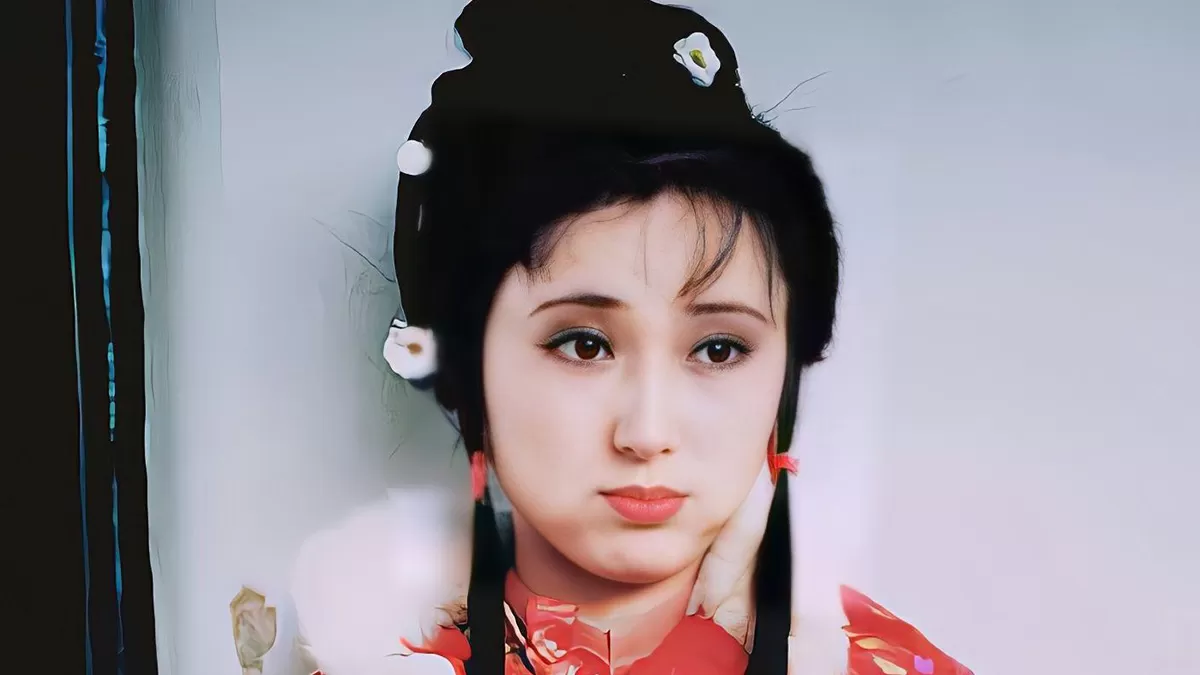
Lin Daiyu
At ten, though youthful and delicate, her grace transcended her age. Frail in form yet radiant in spirit, she carried an effortless elegance.
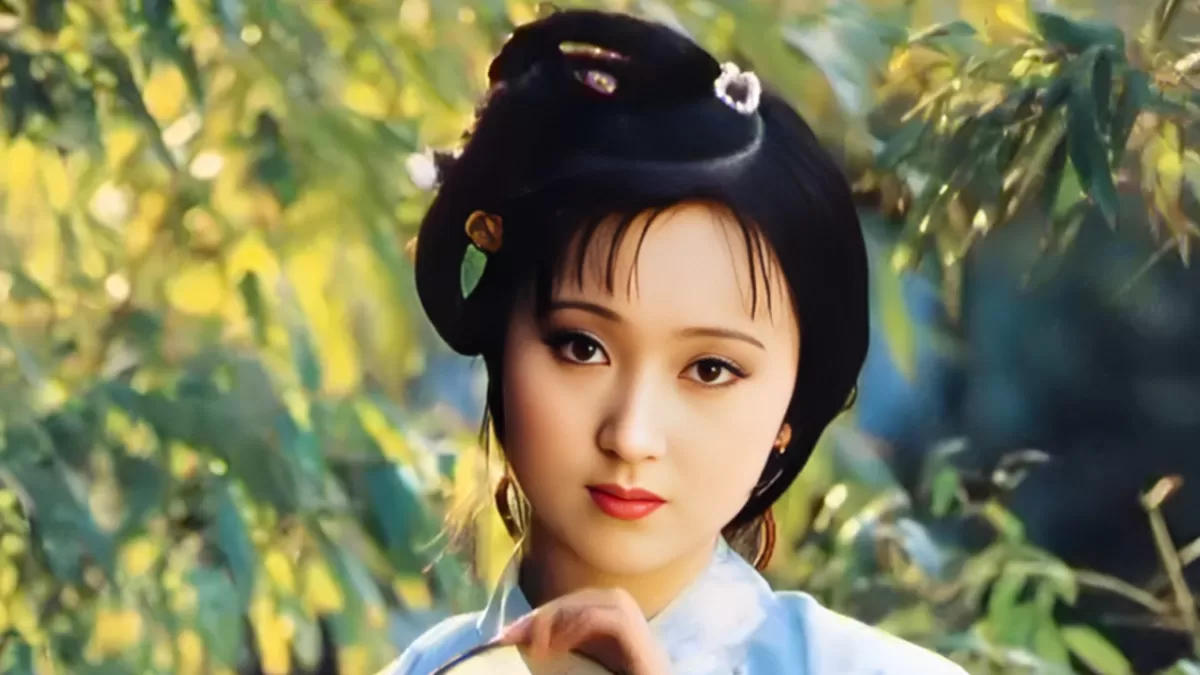
Lin Daiyu
Her brows arched like faint mist, neither furrowed nor smooth;
Her eyes glimmered as dewy pools, veiled by unshed tears.
Sorrow graced her cheeks, fragility cloaked her frame,
Teardrops shimmered, breaths whispered like faint sighs.
In stillness, she mirrored a lotus gracing a pond;
In motion, a willow swaying in a tender breeze.
Her mind, sharper than Bi Gan's seven-apertured heart;
Her ailment, lovelier than Xi Shi's famed fragility.
Endowed with peerless beauty and rare allure, as the verse proclaims:
"None in this world rival Daiyu—her wit and grace, a celestial rarity."
Daiyu Enters the Jia Mansion
After her mother’s death, Lin Daiyu is sent by her father, Lin Ruhai, to live with her grandmother, Lady Dowager Jia, in the Jia household. Her intelligence, wit, and literary talent quickly endeared her to the family. Her first meeting with Jia Baoyu laid the foundation for their profound emotional bond.
Daiyu Buries the Flowers
During the Grain in Ear season, while others in the Grand View Garden celebrate the Flower Goddess, Lin Daiyu alone buries fallen petals and composes Elegy for the Fallen Flowers. Using flowers as a metaphor for herself, she laments her tragic fate and the fleeting nature of beauty.
Baoyu and Daiyu’s First Meeting
Lin Daiyu and Jia Baoyu feel an instant kinship upon their first encounter, with Baoyu immediately captivated by her. Their bond deepens over time, becoming one of the novel’s most poignant love stories.
Daiyu Burns Her Manuscripts
Learning of Baoyu’s arranged marriage to Xue Baochai, Lin Daiyu’s health deteriorates. On the night of Baoyu’s wedding, she dies of heartbreak, burning all her letters and poems tied to their relationship—a symbolic end to their doomed love.
Daiyu’s Death
As Baoyu is tricked into marrying Baochai, Lin Daiyu passes away in her Xiaoxiang Lodge. Her death is not only a tragedy of love but also a silent rebellion against feudal ethics and the oppressive social order.
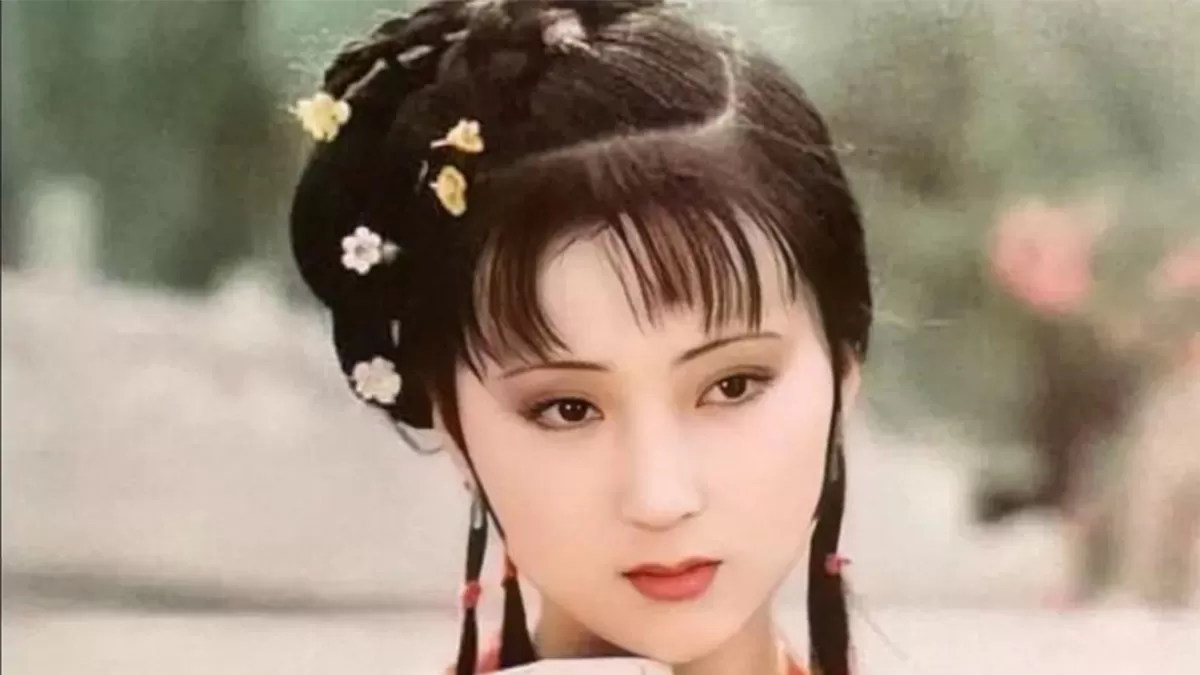
Lin Daiyu
Exceptional Literary Genius
Lin Daiyu stands among classical literature’s most gifted female figures. Her poetic mastery—whether in formal compositions or spontaneous verses—shines in works like Elegy for the Fallen Flowers and Ode to Peach Blossoms, blending profound sorrow with lyrical brilliance.
Melancholic Sensitivity
Haunted by loneliness and the absence of parental love, Lin Daiyu’s hypersensitivity to life’s transience (symbolized by wilting flowers) reflects her inner fragility. Her tears are both a vulnerability and a poetic lens through which she interprets the world.
Defiant Nobility
Proud and unyielding, she refuses to compromise with societal hypocrisy. Her sharp tongue critiques corruption, while her unwavering love for Baoyu defies feudal constraints, embodying a spirit of rebellion.
Resilience in Fragility
Though physically frail, her will is unbreakable. Faced with betrayal, she chooses dignity over survival, burning her manuscripts as a final act of agency—a testament to her moral strength.
Wit and Humor
Beyond her sorrow, Lin Daiyu possesses a vibrant, playful side. Her sharp wit and playful humor often enlivened gatherings, revealing an inner resilience and optimism that counterbalanced her melancholy.
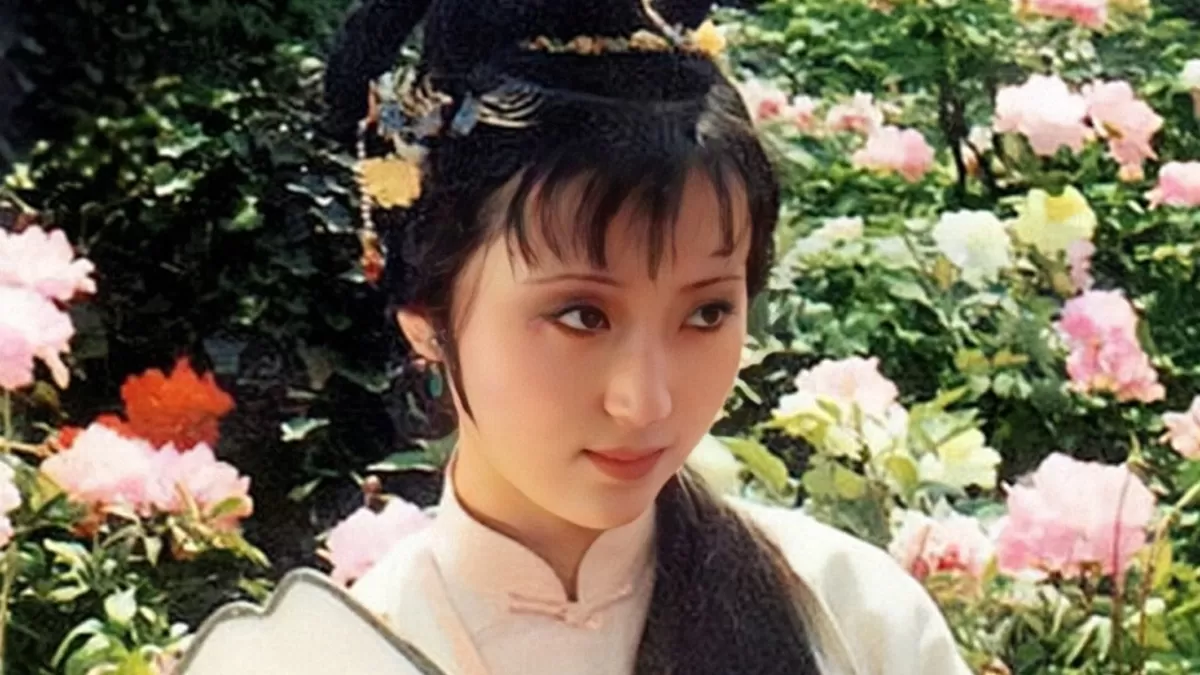
Lin Daiyu
Lin Ruhai
Jia Min
Jia Baoyu
Lu Xun:
"Look at Sister Lin—perpetually fretful, weeping, petty. I couldn’t tolerate her! Though beautiful, hers is a morbid beauty."
Wang Meng:
"Lin Daiyu is idealism incarnate, poetry made flesh. She embodies love itself—the kind no computer possesses, the love humanity yearns for yet struggles to attain, the love we dream of. Her devotion, jealousy, suspicion, clinginess, fears, and fragility mirror the hearts of the vulnerable. They also lay bare the hidden, subconscious layers even the strong conceal—those parts of the soul we dare not reveal."
Provides The Most Comprehensive English Versions Of Chinese Classical Novels And Classic Books Online Reading.
Copyright © 2025 Chinese-Novels.com All Rights Reserved
